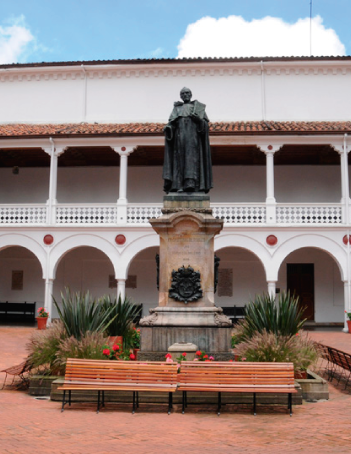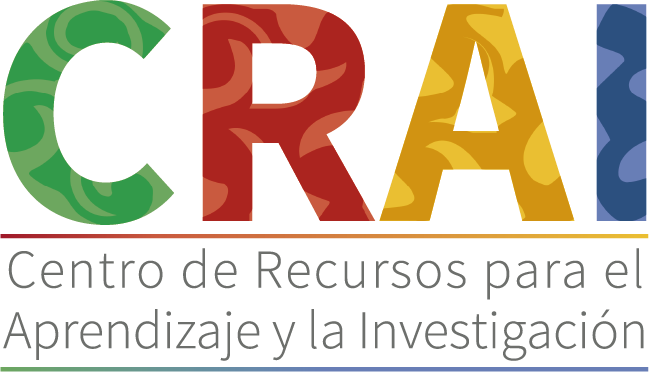Machine generated contents note: -- Preface to the English Language Edition -- Introduction -- Part I: Theoretical Foundations -- 1. From Individual to Collective Constructions of the Past -- 2. Basic Concepts and Themes of Individual and Collective Memory -- Part II: Analyses and Case Studies -- 3. How True are Memories? -- 4. False Memories: Pathologies of Identity at the End of the Twentieth Century -- 5. Incorrect Memories: On the Normative Power of Social Frameworks of Memory -- 6. Five Strategies of Represssion -- 7. German Narratives of Victimhood -- 8. Points of Intersection Between Lived Memory and Cultural Memory -- 9. Commemorative Sites in Space and Time -- 10. The Future of Holocaust Memory -- 11. Europe as a Community of Memory -- Conclusion: Shadows of Trauma -- Notes -- Bibliography -- Index.
"We have left the twentieth century, but this century of violence and extremes has not left us: Its shadow has become longer and blacker. Seventy years after the end of the Second World War, the memory of the Holocaust is less and less anchored in the lived experience of survivors and witnesses. Shadows of Trauma analyzes the transformation of the past from an individual experience to a collective construction, with special attention to the tensions that arise when personal experience collides with official commemoration. In addition to surveying memory's important terms and distinctions, Assmann traces the process that emerged after the fall of the Berlin Wall, of creating a new German memory of the Holocaust. Assmann revisits the pitfalls of "false memory" and lingering forms of denial and repression, as well as the new twenty-first-century discourses, such as that of German "victimhood," as well as the new memory sites for a future in which German memory will be increasingly oriented toward a European context. Combining theoretical analysis with historical case studies, the book revisits crucial debates and controversial issues out of which "memory culture" has emerged as a collective project and a work in progress"--
"The book traces the process of creating of a new German memory of the Holocaust after the fall of the Wall. Combining theoretical analysis with historical case studies, the book revisits crucial debates and controversial issues out of which Germany's new 'memory culture' emerged as a collective project and work in progress"--
Texto en inglés

Escuela de administración
Facultad de Jurisprudencia
Facultad de Ciencias
Escuela de Ciencias
Escuela de Medicina
Facultad de Economía
Facultad de Estudios
Facultad de Creación
Escuela de Ingeniería,
Otras Ofertas
 Historia y símbolos
Historia y símbolos
 Enfoque estratégico
Enfoque estratégico
 Gobierno universitario
Gobierno universitario
 Playbok - Nuestros pilares de transformación
Playbok - Nuestros pilares de transformación
 Protocolo de seguridad
Protocolo de seguridad
 Archivo histórico
Archivo histórico
 Portafolio de becas, descuentos y apoyo financiero
Portafolio de becas, descuentos y apoyo financiero
 Casa UR
Casa UR






 Proyección social
Proyección social Filantropía
Filantropía Hagámoslo posible
Hagámoslo posible

 Libro
Libro







